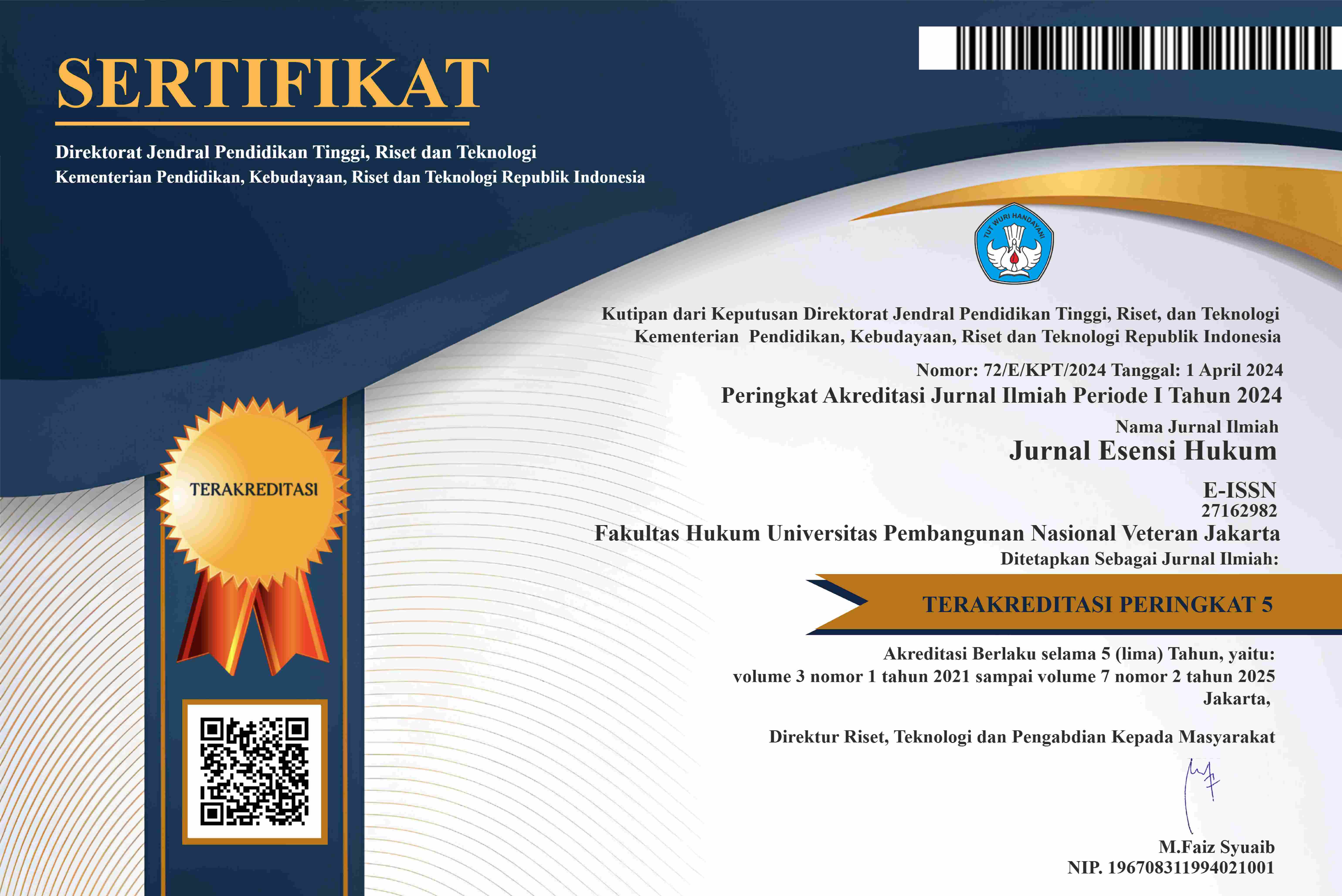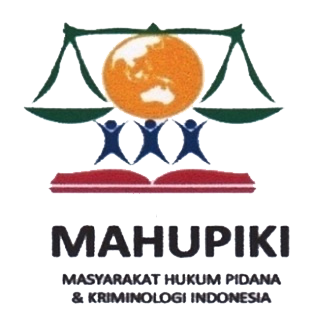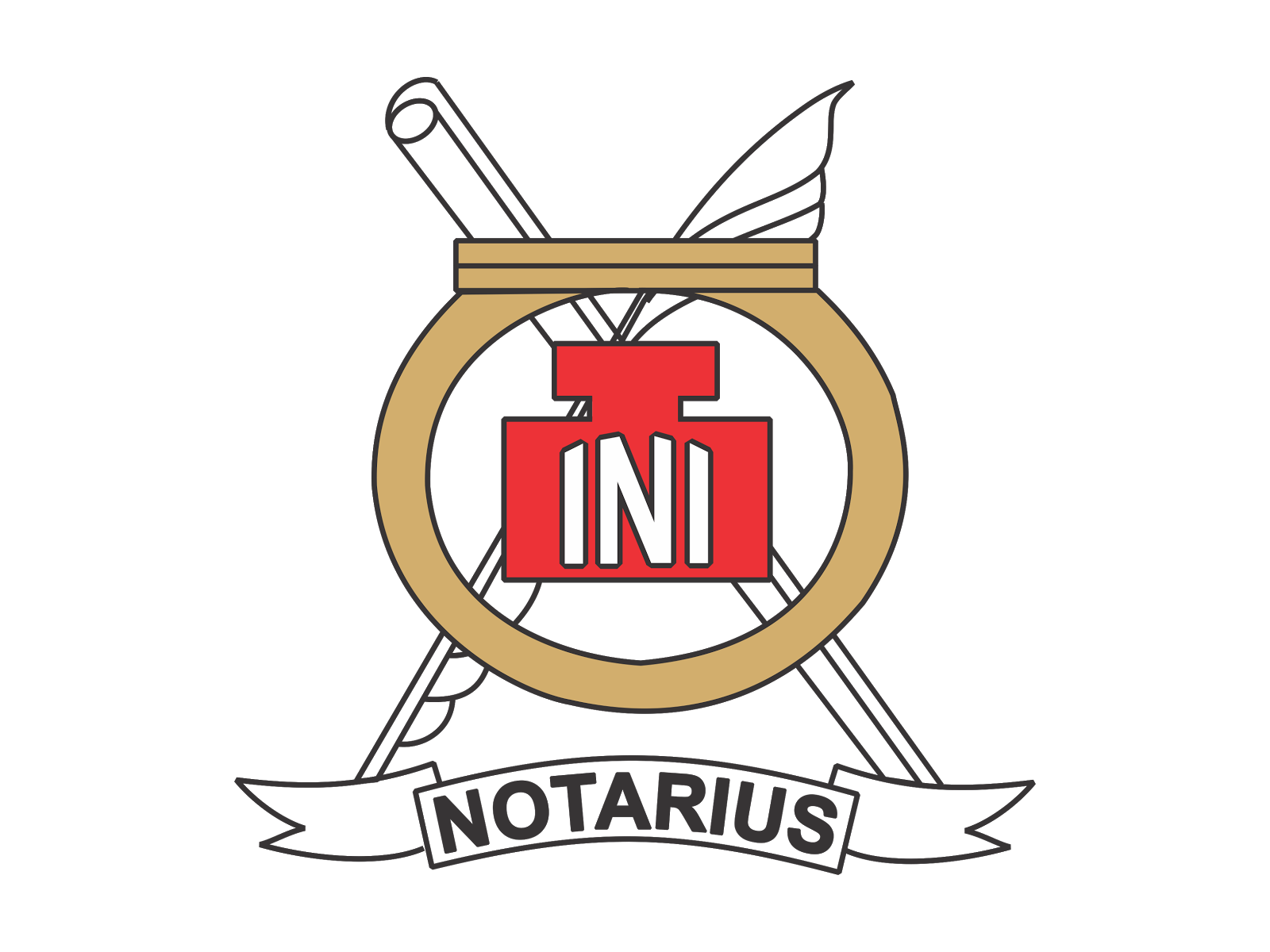KONSEP LENIENCY PROGRAMME DALAM KARTEL (ANALISIS PERATURAN KARTEL DI INDONESIA DAN INDIA)
Abstract
This study aims to implement the Leniency Programme in Indonesia and assist the Business Competition Supervisory Commission as a consideration in seeking the concept of Leniency Programme if regulations regarding the Leniency Programme in Indonesia already exist. The Leniency Programme is a program to provide cartelists who dare to divulge the cartels they participate in. The reduction of the sentence can be in the form of a full amnesty and a reduction in fines. The research method used is a qualitative method with normative empirical law research and comparative law. The data search technique is through library research and interviews with the Head of the Legal Bureau of the Competition Commission in Indonesia. In this research, technique is used in content analysis. The scope of this research is done by means of comparative law. This study compares Law no. 5 of 1999 with the India Competition Act 2002 regarding the differences in the evidence of cartel practice in Indonesia carried out by the Business Competition Supervisory Commission and as in India, the Competition Commission of India (CCI) whose task is to eradicate cartel practice. The results of this study found that actually the Leniency Programme was already in the Bill of Law Number 5 of 1999, but the bill was removed from the Prolegnas. In addition, the concept of the Leniency Programme in India can be used as an example of its application in Indonesia because the business competition authorities in India and Indonesia have similarities in providing sanctions against cartels, namely administrative sanctions.
Downloads
References
Peraturan Perundang-undangan
Undang-Undang Dasar Negara Republik Indonesia Tahun 1945
Undang-Undang No. 5 Tahun 1999 Tentang Larangan Praktik Monopoli dan Persaingan Usaha Tidak Sehat
India Competition Act
Antitrust Criminal Penalty Enhancement and Reform Act
Buku
Usman, Rachmadi, Hukum Persaingan Usaha di Indonesia. Banjarmasin: CV Sinar Grafika, 2013
Majalah Ilmiah
Adnyani, Ni Ketut Sari dan Dewa Gede Sudika Mangku, Business Actors’ Responsibility Towards consummer due to Defective Product, Jurnal Veteran Law Review Vol 2, No. 2, 2019
Anjani, Risa Gia, Dwi Aryanti Ramadhani, dan Rianda Dirkkareshza, Legal Impcat From Lambe Turah Account Relating to Article of Insult and Prohibited Conduct, Jurnal Veteran kLaw Review Vol 3, No. 2, 2020
Artha, I Gede, Analisis Penerapan Pendekatan Rule of Reason dan Per se Illegal Terhadap Kasus Kartel di Indonesia. Kertha Semaya Vol. 6, No. 7, 2018
Kholiq, Abdul Kajian, Pertanggungjawaban Pidana Influencer Terhadap Investasi Ilegal, Jurnal Esensi Hukum Vol 4, No. 2, 2022
Nindriani, Anita dan Pujiyono, Prospek Leniency Program Sebagai Upaya Mengungkap Praktik Kartel dalam Hukum Persaingan Usaha Di Indonesia. Jurnal Privat Law Vo. 8, No.1, 2020
Setiadi, Wicipto, Penawaran Umum Efek Bersifat Utang oleh Perusahaan Tertutup, Jurnal Esensi Hukum Vol 3, No.1, 2021
Siregar, Bukti Tidak Langsung (Indirect Evidence) Dalam Penegakan Hukum Persaingan Usaha di Indonesia, Jurnal Hukum Samudra Keadilan, Vol. 13, No.2, 2018
Media Massa
Faqih, Fikri. Indonesia Peringkat 3 Negara Terkorup di Asia, Perlu Perampasan Kekayaan Koruptor, Merdeka.com, 30 November 2020
Media Internet
https://kbbi.web.id/amnesti diakses pada tanggal 2 Desember 2021
Copyright (c) 2023 Jurnal Esensi Hukum

This work is licensed under a Creative Commons Attribution-ShareAlike 4.0 International License.
Authors who publish with this Journal agree to the following terms:
1. Author retain copyright and grant the journal right of first publication with the work simultaneously licensed under a creative commons attribution license that allow others to share the work within an acknowledgement of the work’s authorship and initial publication of this journal.
2. Authors are able to enter into separate, additional contractual arrangement for the non-exclusive distribution of the journal’s published version of the work (e.g. acknowledgement of its initial publication in this journal).
3. Authors are permitted and encouraged to post their work online (e.g. in institutional repositories or on their websites) prior to and during the submission process, as it can lead to productive exchanges, as well as earlier and greater citation of published works.
4. 
This work is licensed under a Creative Commons Attribution-ShareAlike 4.0 International License.






2.png)

